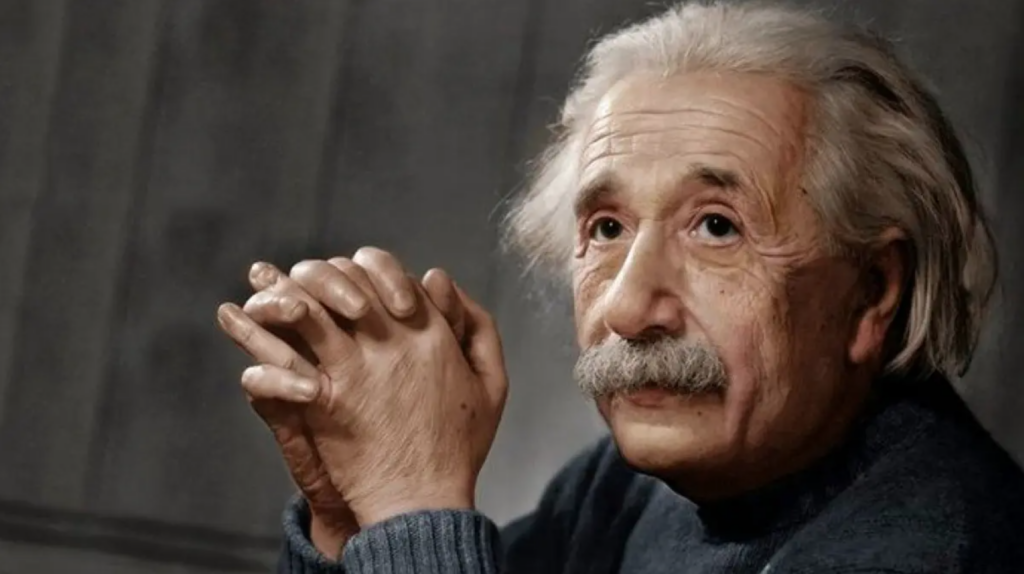Einstein syndrome is a condition in which a child does not learn to speak at the same time and to the same extent as their peers, but shows proficiency in other areas such as analytical thinking.
Albert Einstein is known to have been a child who was a little tongue-tied compared to his peers, but a gifted jigsaw puzzle enthusiast. It is thought that his interest in puzzles and other games that applied analytical and spatial thinking was linked to his later remarkable ability to playfully manipulate different concepts in his mind’s eye.
American physicist and lecturer Gerard Holton observed that Einstein was able to effectively combine and manipulate objects and ideas in his imagination in much the same way as the thought processes at work when assembling a jigsaw puzzle. Einstein himself has said of his world-famous theory of relativity that his childlike way of thinking about time and space played an important role in its formulation. He later added that every meaningful idea is the result of a combinatorial thought process, and that finding the right language to reproduce the concepts achieved is a secondary, effort-intensive process.
It’s interesting to note how Einstein’s development of such grandiose ideas was a childishly playful activity based on imagination. While Einstein was undoubtedly a revolutionary genius, we too can use puzzles to develop our thinking, and in so doing perhaps gain a better understanding of this extraordinary genius, as well as the rest of the world.
Erikson, E., H. (1977). Toys and Reasons: Stages in the Ritualization of Experience. W. W. Norton & Company.
Late talker. (14.01.2022). Wikipedia, The Free Encyclopedia. Viewed 23.01.22 at: https://en.wikipedia.org/wiki/Late_talker.
Williams, A., D. (2004). The Jigsaw Puzzle: Piecing Together a History. The Penguin Group.

